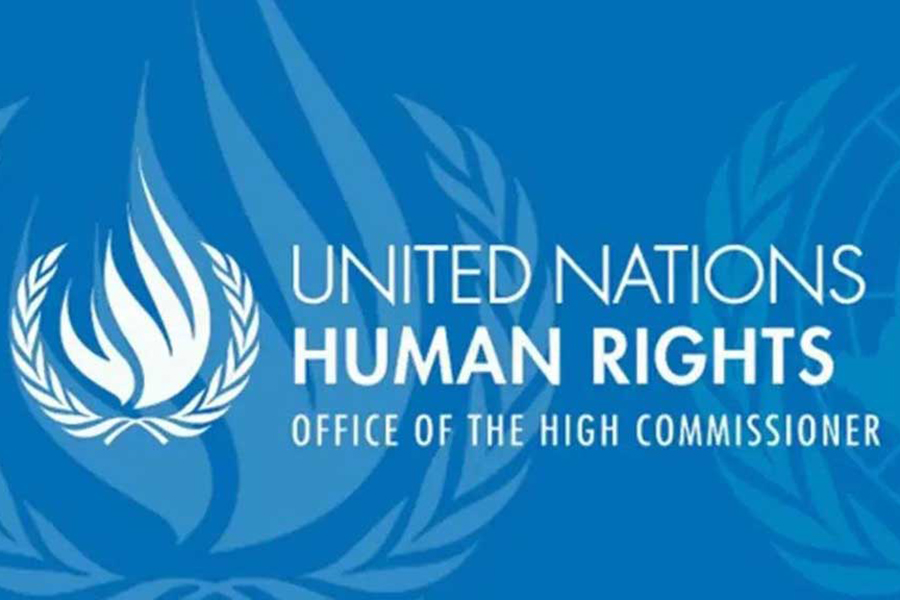

The Office of the UN High Commissioner for Human Rights has called on Bangladeshi authorities to swiftly produce the army officers held in military custody before a “competent” civilian court.
The appeal came on Wednesday in an OHCHR media statement, days after Bangladesh’s International Crimes Tribunal issued arrest warrants in three cases of crimes against humanity, including enforced disappearances and torture, allegedly carried out during the tenure of the previous government, bdnews24.com reports.
The charges are linked to incidents reported at two facilities -- the Taskforce for Interrogation (TFI) Cell and the Joint Interrogation Cell (JIC).
The tribunal has accepted formal charges and issued arrest warrants against 25 officers, mostly former, but also including some serving members of the Bangladesh Army.
According to the statement, Human Rights chief Volker Türk said this is the first time formal charges have been filed for enforced disappearances in the country, describing it as a “significant moment” for justice and for victims’ families.
“It is crucial that the army promptly produces these detained officers to a competent civilian court, for fair and transparent criminal proceedings.
“We urge full respect for the most scrupulous standards of due process and fair trial, as guaranteed in international law. The protection of victims and witnesses in these sensitive and significant cases must be ensured,” he added.
The Army, in a press briefing on Saturday, confirmed that 15 serving officers named in the warrants had been detained and placed under military custody.
The following day, the Ministry of Home Affairs issued a notification declaring a building inside Dhaka Cantonment as a temporary prison facility to hold them.
The move has triggered debate over the jurisdiction and legal framework for the trial.
On Tuesday, the Ex-Forces Association held a press briefing demanding that the accused officers be tried under military law instead of the International Crimes Tribunal Act.
Separately, Transparency International Bangladesh (TIB) raised concern over the special arrangements, questioning the legality of the designated military prison and calling for equal treatment under the justice system.
The OHCHR, in its latest statement, said “accountability” for past abuses is essential.
It recalls that enforced disappearance was officially recognised in Bangladesh for the first time following the country’s ratification of the UN Convention on Enforced Disappearances in August 2024, and the amendment to the International Crimes Tribunal Act.
The agency also reiterated that a core recommendation of its fact-finding report on the deadly student-led protests in 2024 was that those responsible for “serious” human rights violations, including international crimes, must be held accountable.
“Beyond ensuring individual accountability, the best way forward for Bangladesh is a comprehensive process of truth-telling, reparation, healing and justice. Such a process must address the legacy of serious human rights violations and ensure that these abuses can never happen again,” Türk said.
“I also call on the interim government to deal with ongoing concerns promptly in line with international law.”
The high commissioner further urged the authorities to prioritise the resolution of a large number of pending cases -- some dating back to the previous government, others since then -- and to ensure due process in every case.
“It is crucial to ensure due process and fair resolution in each case, and to release promptly anyone who has been arbitrarily detained,” he said.


 For all latest news, follow The Financial Express Google News channel.
For all latest news, follow The Financial Express Google News channel.